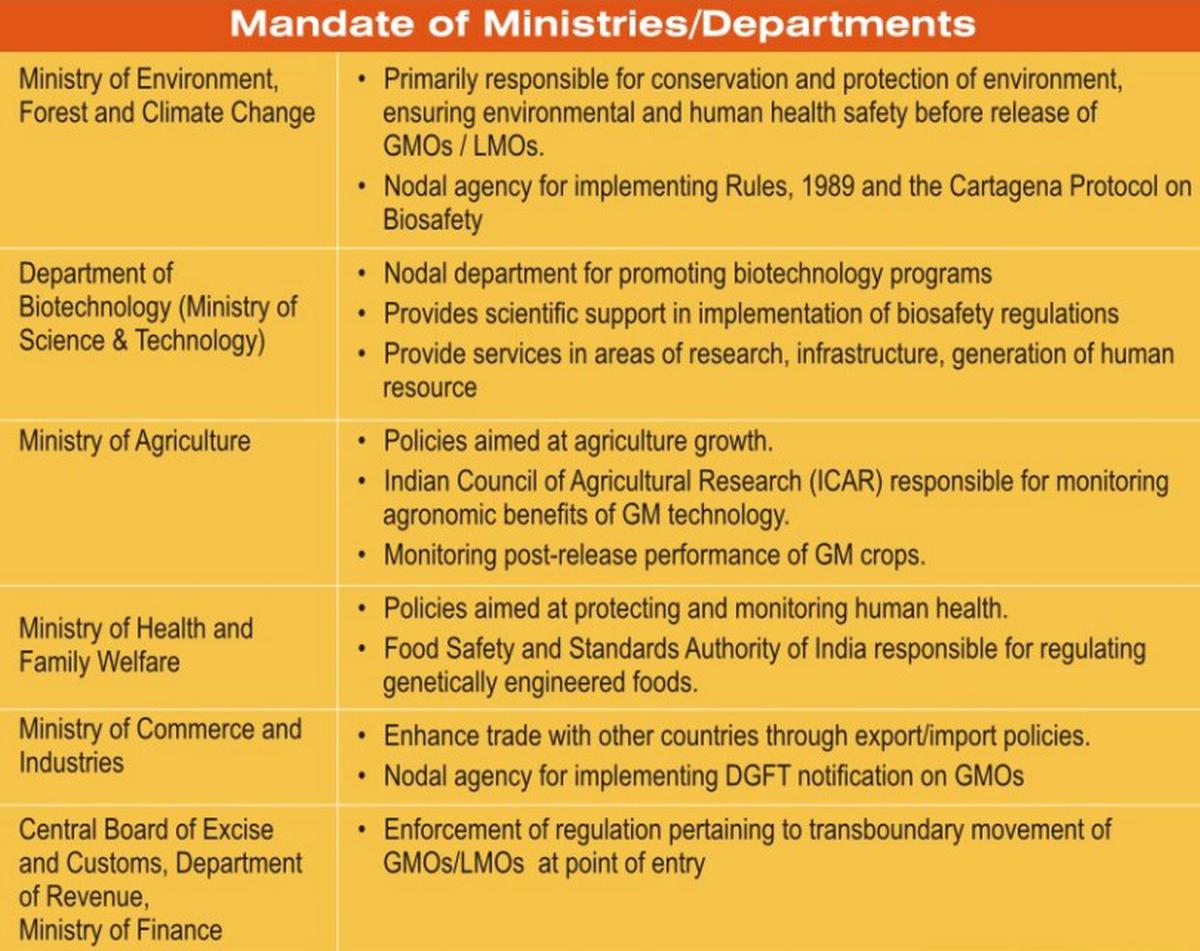7667766266
enquiry@shankarias.in
A determined battle by environmentalists in the Supreme Court of India against genetically modified (GM) herbicide-tolerant (HT) mustard is all that stands between GM food and Indian farmers and consumers.
For More Details about GEAC's Approval for GM-Mustard - Click here.

Genetic Engineering Appraisal Committee (GEAC)
HT crop - A crop that can withstand herbicides. (HT - Herbicide Tolerant)